Erdoğan’s risky gamble in Syria and Aleppo’s fall
- Update Time : Thursday, December 5, 2024
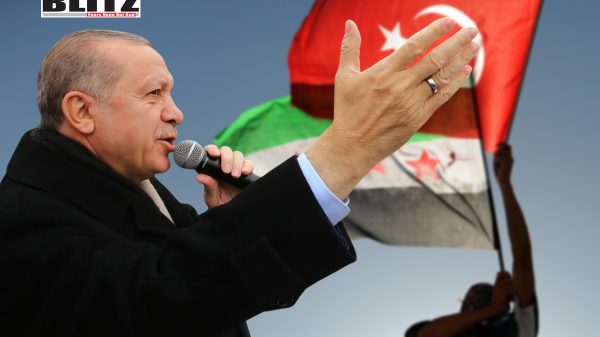
The stunning fall of Aleppo, Syria’s second-largest city, to an alliance led by Hayat Tahrir al-Sham (HTS) has reignited the long-running Syrian civil war and sent shockwaves through the region. While the immediate consequences are evident-a severe humiliation for Bashar al-Assad and his allies Iran and Russia-the broader narrative reveals the complex and risky geopolitical maneuvering by Turkish President Recep Tayyip Erdoğan. The Turkish leader’s irritation with Assad, coupled with his strategic interests in Syria, has added another volatile layer to the conflict, with uncertain and potentially destabilizing outcomes.
Aleppo’s capture unfolded with alarming speed. Within 72 hours, HTS and its allies swept through the city, exposing the hollowness of Assad’s military forces. Despite previous Russian and Iranian support, the Syrian Arab Army (SAA) has been reduced to a “hollowed-out shell,” characterized by low morale, weak leadership, and corruption. Officers supplement meager salaries through bribes, allowing soldiers to avoid service. This dysfunction mirrors the collapse of Afghan forces during the Taliban resurgence, underscoring the systemic weaknesses of Assad’s military apparatus.
Iran, Assad’s staunch ally, has avoided highlighting these deficiencies. Tehran finds itself grappling with the simultaneous weakening of another key regional partner, Hezbollah, following Israel’s targeted strikes in Lebanon. Faced with diminishing options, Iran now appears forced to consider a precarious collaboration with Erdoğan to contain the rapidly shifting dynamics in northern Syria.
Erdoğan has positioned himself as a pivotal player in Syria’s unfolding drama. Publicly, he has presented Turkey as a neutral observer lamenting the region’s instability. “We are following events very closely,” he stated, emphasizing Turkey’s previous warnings about the spiraling violence. Yet, behind the scenes, Ankara’s fingerprints are evident. The HTS-led offensive was reportedly delayed due to Turkish intervention, and Turkey-backed militias from the Syrian National Army (SNA) have played a significant role in the Aleppo campaign.
This aligns with Turkey’s broader strategy to counter perceived threats from US-backed Kurdish groups like the Syrian Democratic Forces (SDF). Erdoğan’s long-standing opposition to Kurdish autonomy has driven Turkish forces and proxies to steadily expand their control over Kurdish-dominated areas along the Syrian border. Over the weekend, the Turkish-backed SNA seized key Kurdish towns, including the stronghold of Tal Rifaat, further marginalizing the SDF.
Erdoğan’s irritation with Assad stems from the Syrian leader’s repeated refusal to reconcile and negotiate a political solution to the civil war. Assad has consistently demanded that Turkey withdraw its forces from northern Syria as a precondition for talks. By enabling the offensive in Aleppo, Erdoğan appears to be pressuring Assad into normalization. Such a reconciliation would serve Turkey’s domestic interests, particularly by creating conditions to repatriate 4.7 million Syrian refugees-a pressing political issue for Erdoğan amid Turkey’s economic struggles.
However, Erdoğan’s ambitions carry significant risks. The HTS alliance, while tactically beneficial, poses a long-term threat. HTS has its own agenda, rooted in establishing an Islamist-style governance model in Aleppo, similar to its stronghold in Idlib. If the group moves southward beyond Hama, exploiting Assad’s weakened defenses, the situation could spiral out of Erdoğan’s control, potentially destabilizing Turkey’s border regions further.
Iran’s reaction to Aleppo’s fall underscores its precarious position. Foreign Minister Abbas Araghchi’s initial response-blaming Israel for a “plot to destabilize the region”-was more of a diversion than a strategic analysis. Tehran’s real challenge lies in its inability to provide the level of support it once did to Assad. With Hezbollah weakened and reluctant to commit forces, and Iran itself stretched thin, the focus has shifted to finding a diplomatic solution.
This explains Araghchi’s rapid pivot to Ankara for talks with Turkish Foreign Minister Hakan Fidan. Both nations, alongside Russia, have agreed to reconvene trilateral negotiations. Despite their diverging interests in Syria, Tehran and Ankara recognize the necessity of dialogue to prevent further destabilization. Iran, in particular, seeks to preserve its influence in Syria without overextending itself militarily.
Russia, meanwhile, remains conspicuously disengaged from the unfolding crisis. Preoccupied with the war in Ukraine, Moscow has limited its involvement to sporadic bombing sorties in support of Assad. However, there are indications that Russia may have tacitly approved the Aleppo offensive. For the Kremlin, pressuring Assad to reconcile with Turkey aligns with its broader objectives of stabilizing Syria for economic gains and securing its strategic military bases in the region.
While Erdoğan now holds considerable leverage in Syria, the long-term consequences of his maneuvers are far from certain. The Turkish president must balance several competing interests: ensuring that HTS remains contained, pressuring Assad into reconciliation, and managing the Kurdish question-all while navigating the complexities of Turkish domestic politics.
HTS’s unpredictable behavior poses a significant challenge. If the group overreaches, pushing beyond Aleppo into Hama or other territories, it could provoke a broader conflict that drags Turkey deeper into the Syrian quagmire. Moreover, Erdoğan’s reliance on Islamist militias has drawn criticism from international actors wary of legitimizing extremist groups.
Reconciliation with Assad, while potentially beneficial, is fraught with difficulties. Any deal would likely involve significant concessions from Turkey, including the withdrawal of troops and the curtailment of Kurdish semi-autonomy in Syria’s northeast. These conditions may prove politically unpalatable for Erdoğan, especially if they fail to yield immediate benefits, such as refugee repatriation.
The international community’s response to Aleppo’s fall has been muted, reflecting the waning global attention to Syria’s protracted conflict. The United States remains focused on supporting the SDF against remnants of the Islamic State, while European nations grapple with the humanitarian fallout from the crisis, including refugee flows. Israel, though mentioned in Iranian rhetoric, has limited its involvement to targeted strikes against Iranian and Hezbollah assets in Syria.
The lack of coordinated international action leaves the Syrian conflict firmly in the hands of regional powers like Turkey, Iran, and Russia. This regionalization of the conflict further complicates efforts to achieve a sustainable political resolution.
Erdoğan’s high-stakes play in Syria has reshaped the dynamics of the conflict, but it has also introduced new uncertainties. The fall of Aleppo underscores the fragility of Assad’s rule and the broader geopolitical shifts in the region. While Erdoğan may gain short-term advantages, the long-term risks of his strategy-empowering extremist groups, alienating Kurdish populations, and destabilizing Syria’s fragile equilibrium-cannot be ignored.
For Assad, the loss of Aleppo is a stark reminder of his dependency on external support. Whether through military aid or diplomatic pressure, his survival now hinges on the willingness of Iran, Russia, and even Turkey to continue backing his regime. For Iran and Russia, Syria’s unraveling presents a dilemma: how to preserve their influence without becoming mired in an unwinnable conflict.
As the situation evolves, Erdoğan’s gamble will likely shape not only the trajectory of the Syrian civil war but also the broader geopolitics of the Middle East. Whether his maneuvering will yield the stability he seeks-or plunge the region into deeper chaos-remains an open question.


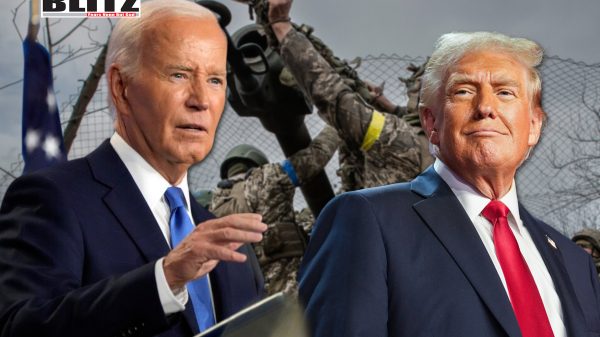


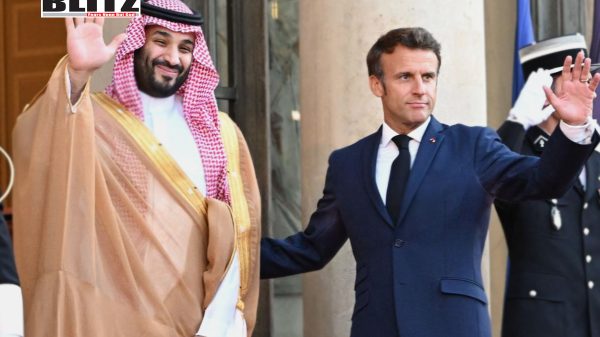
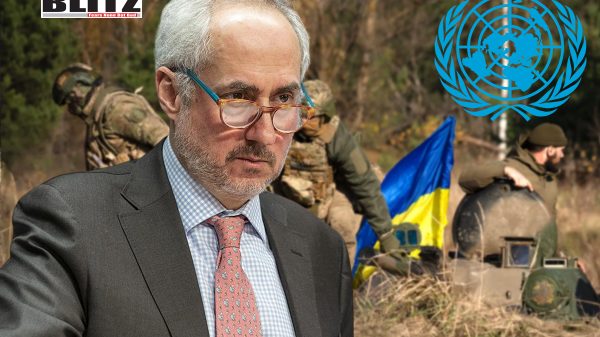
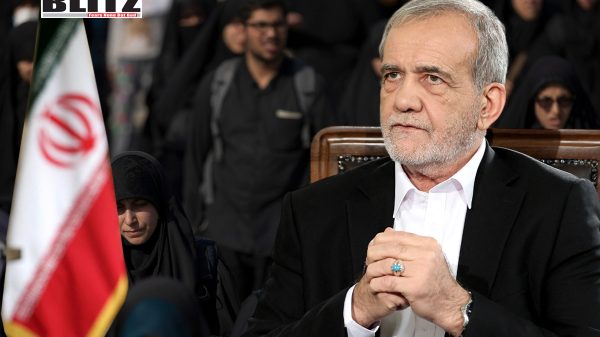

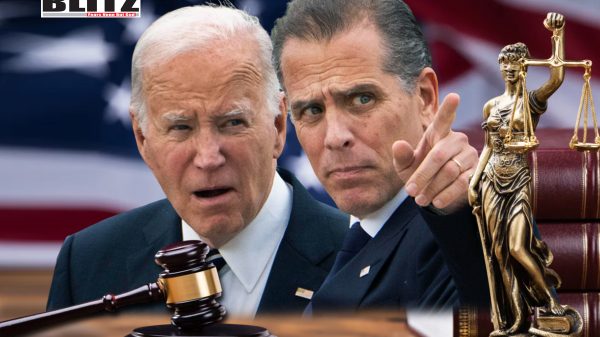
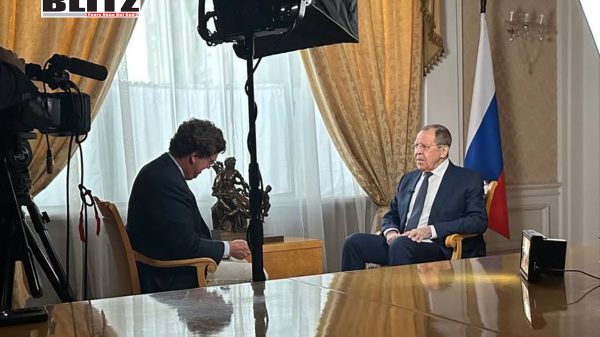
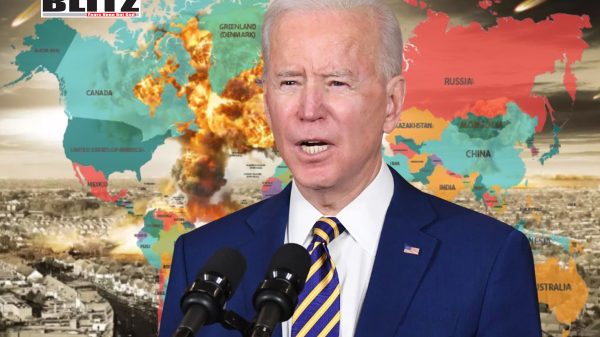


Leave a Reply